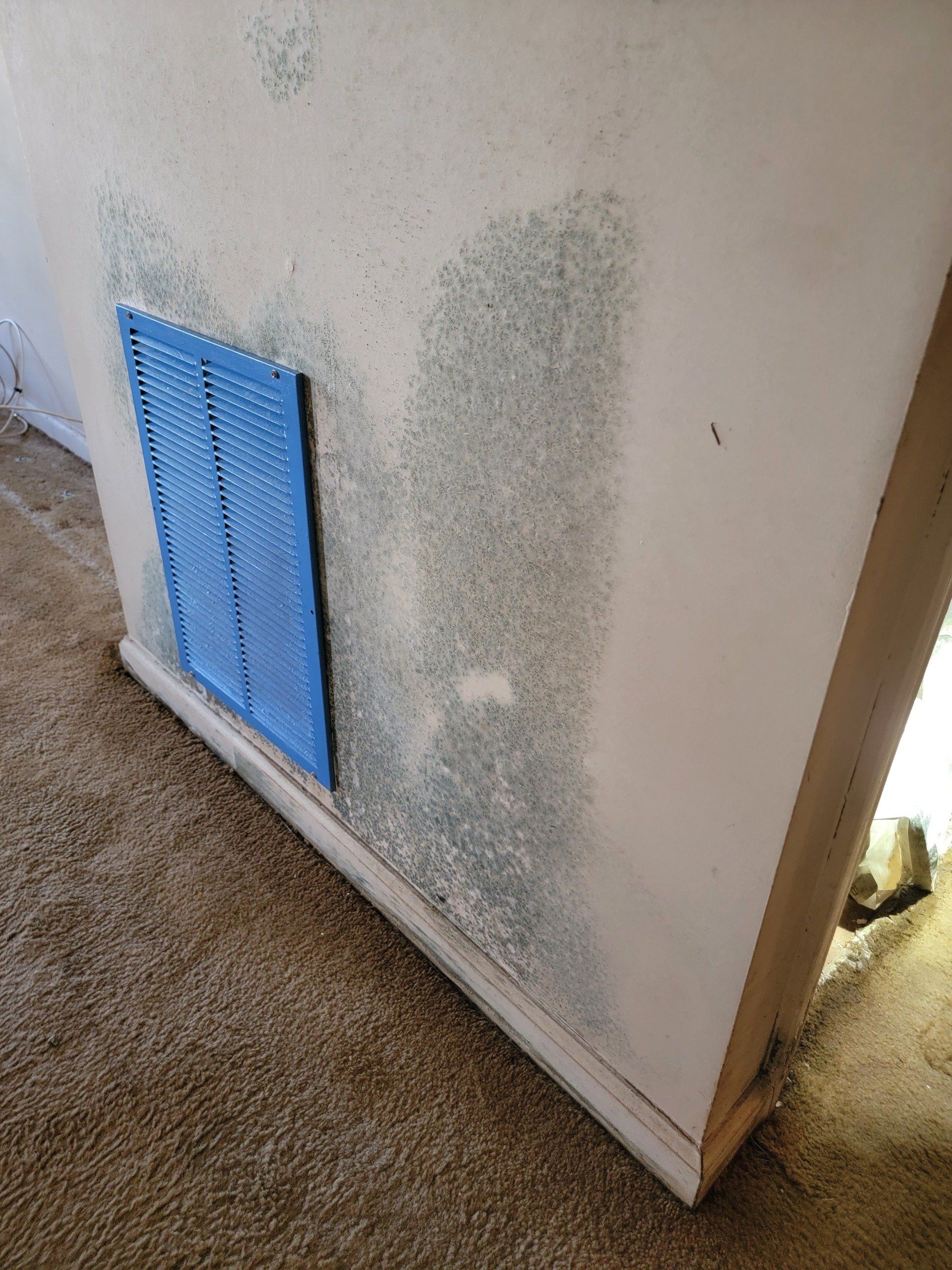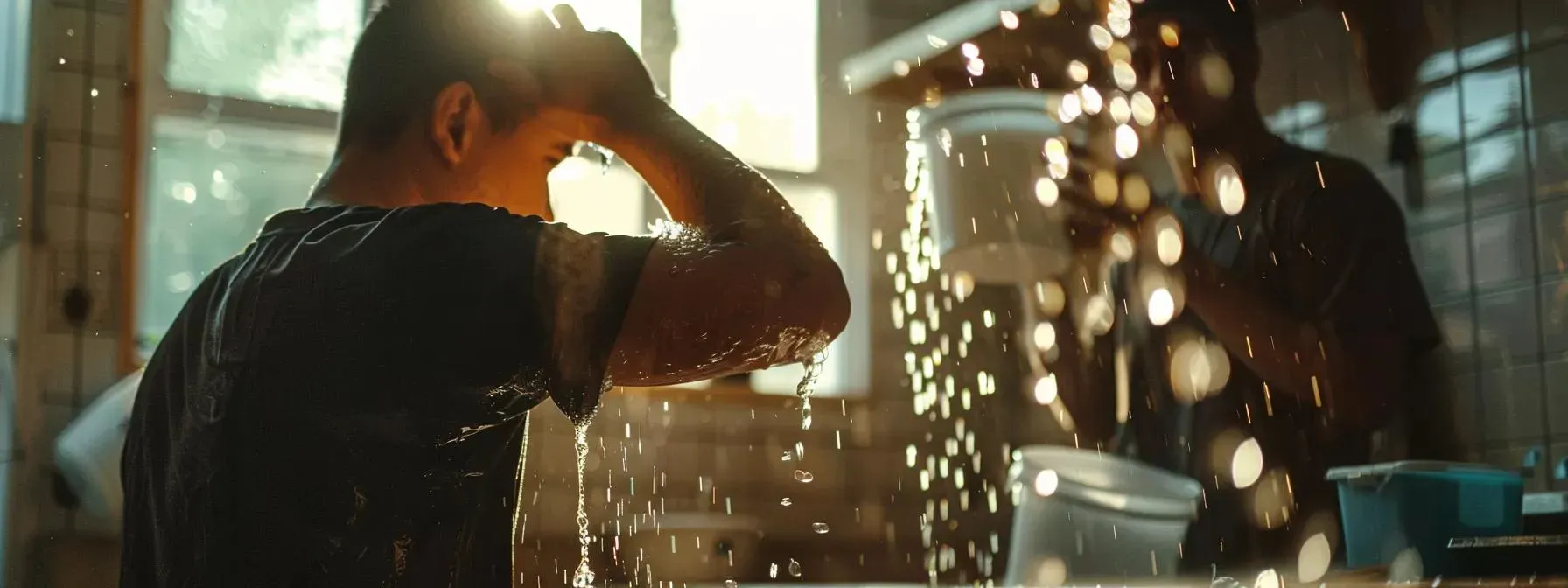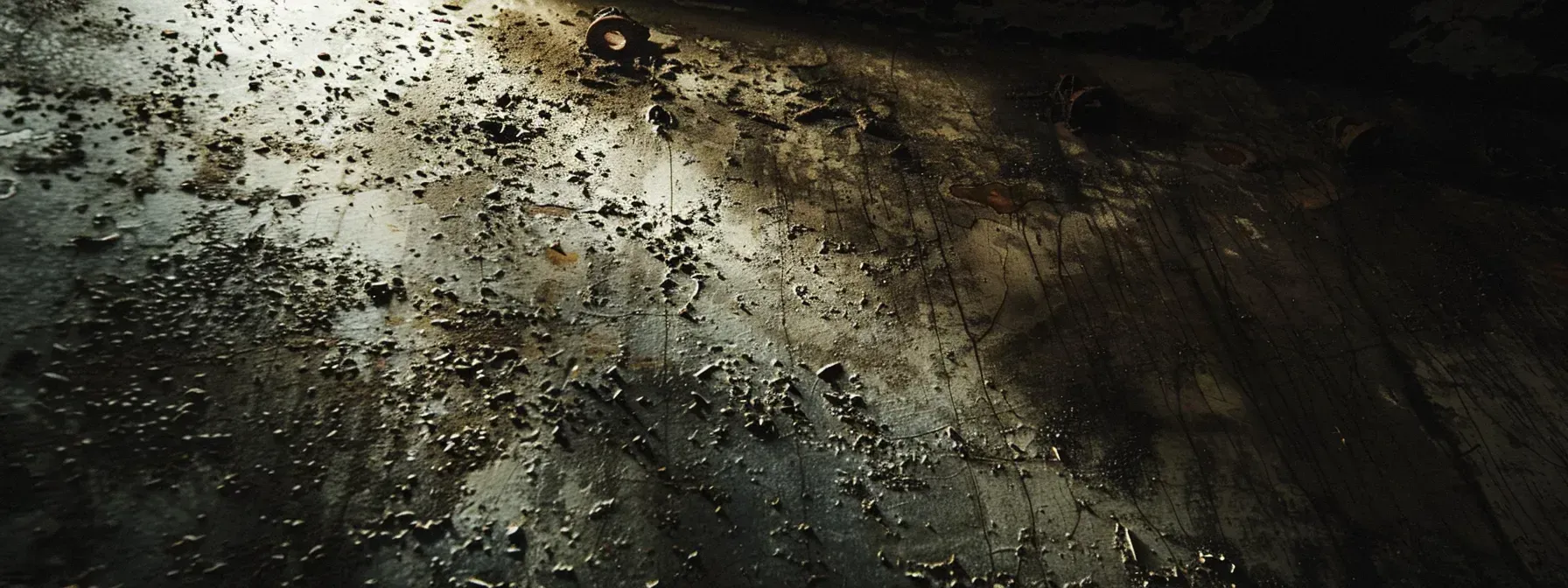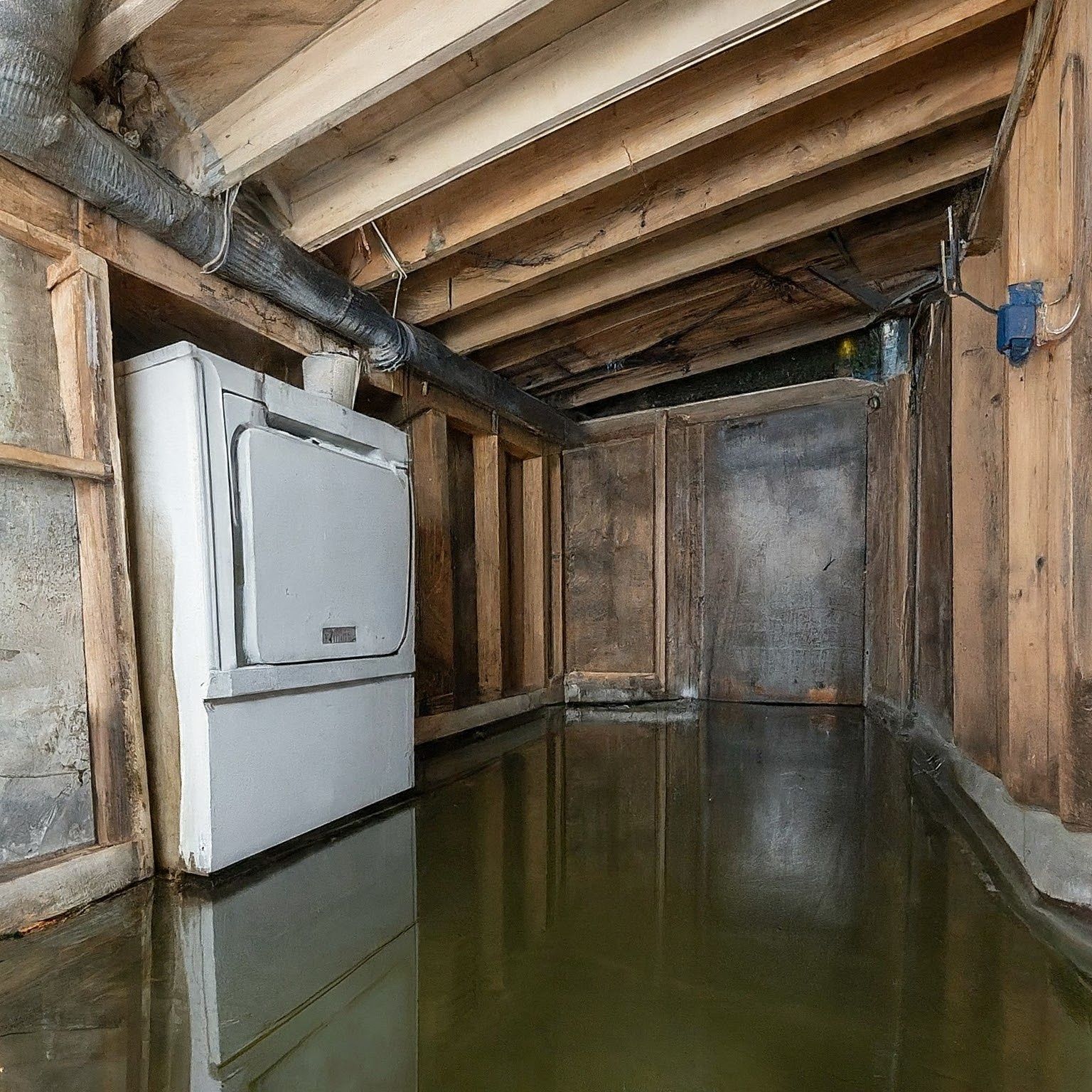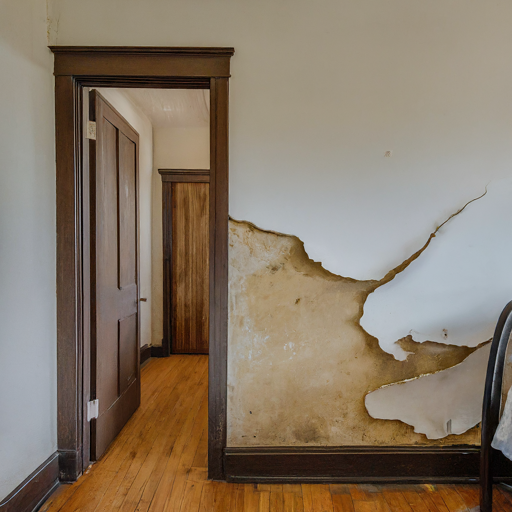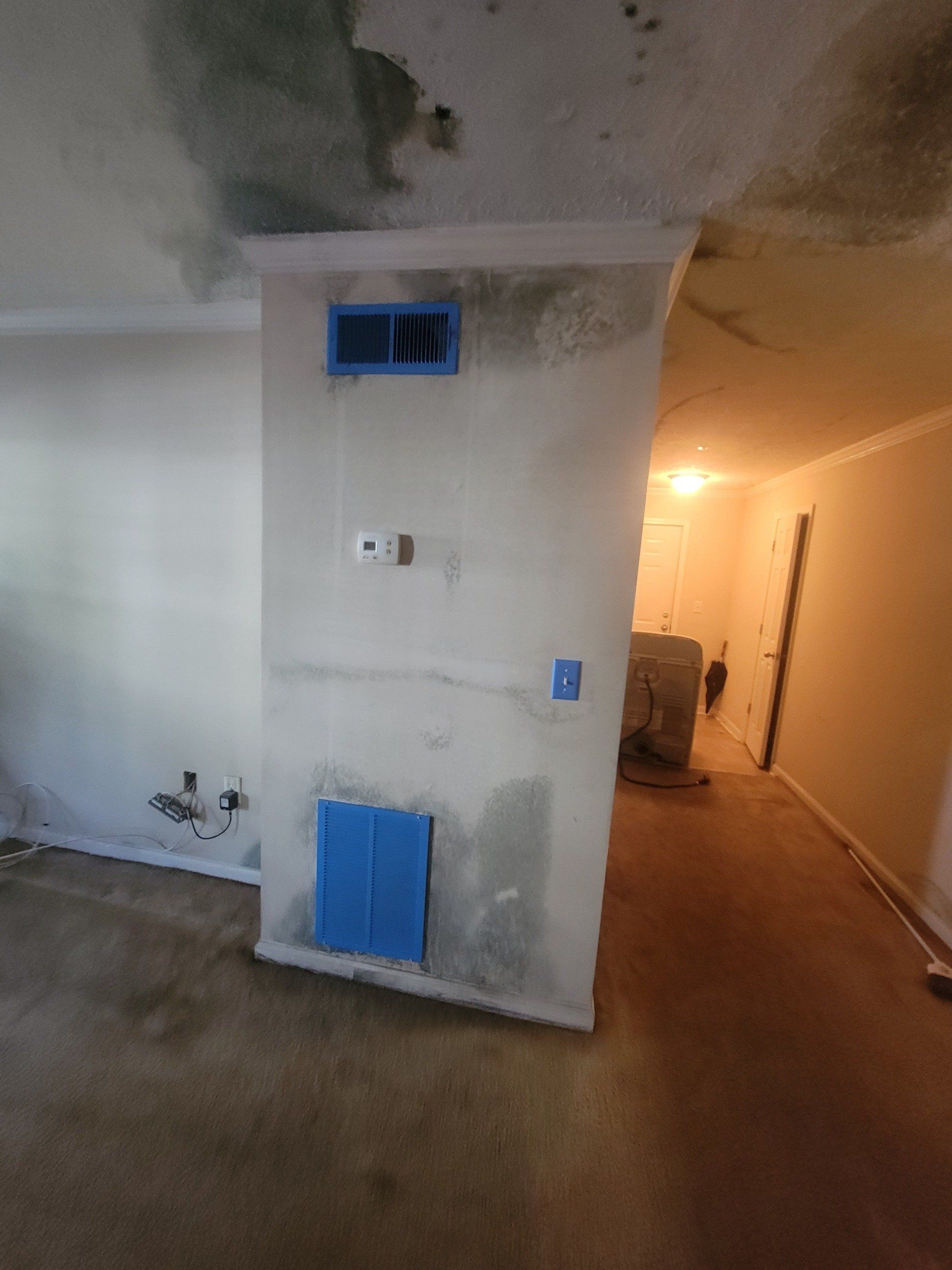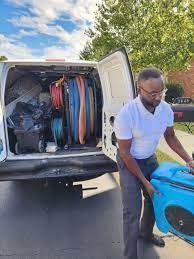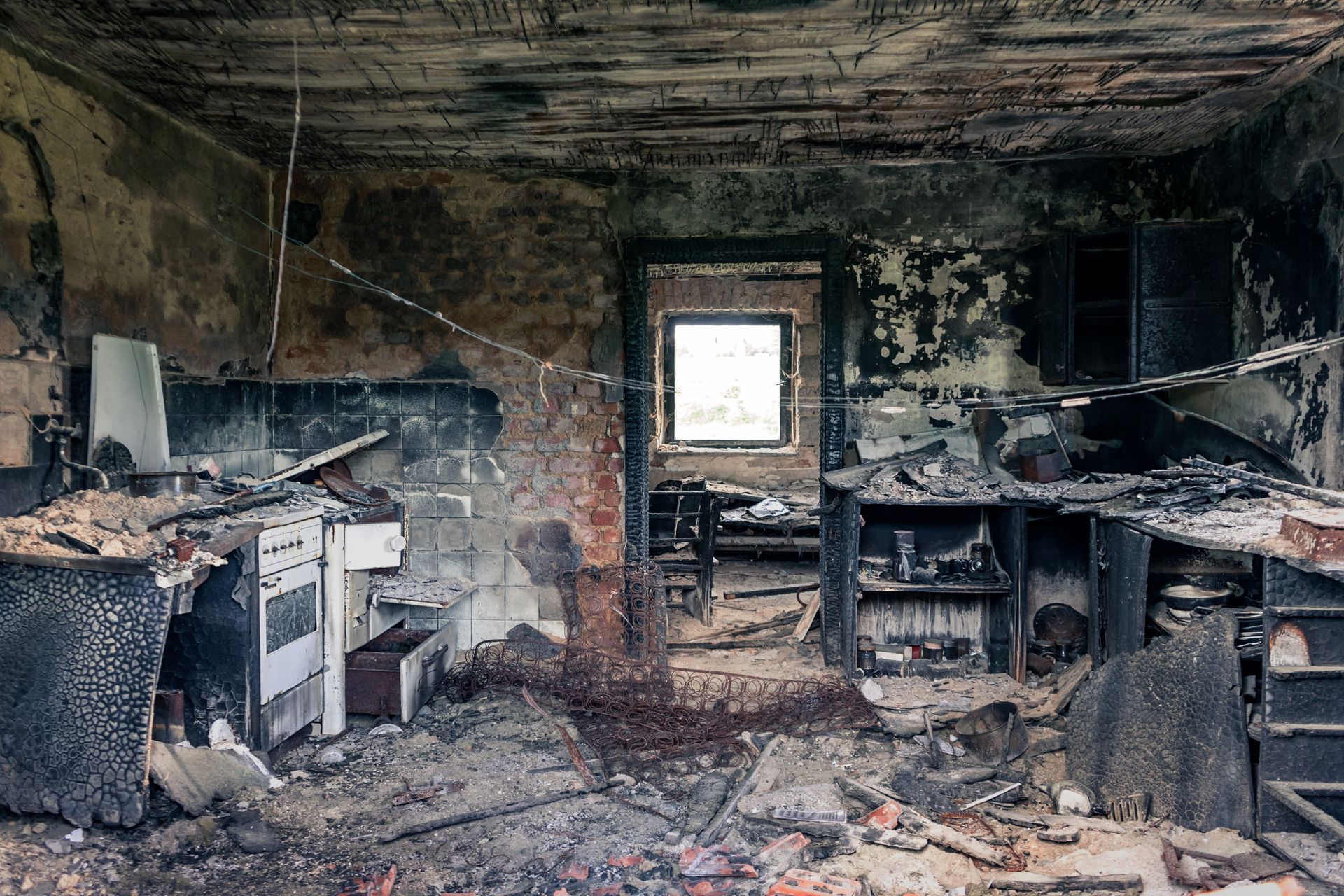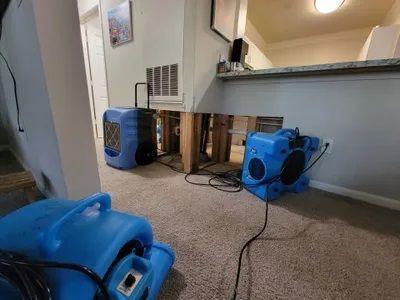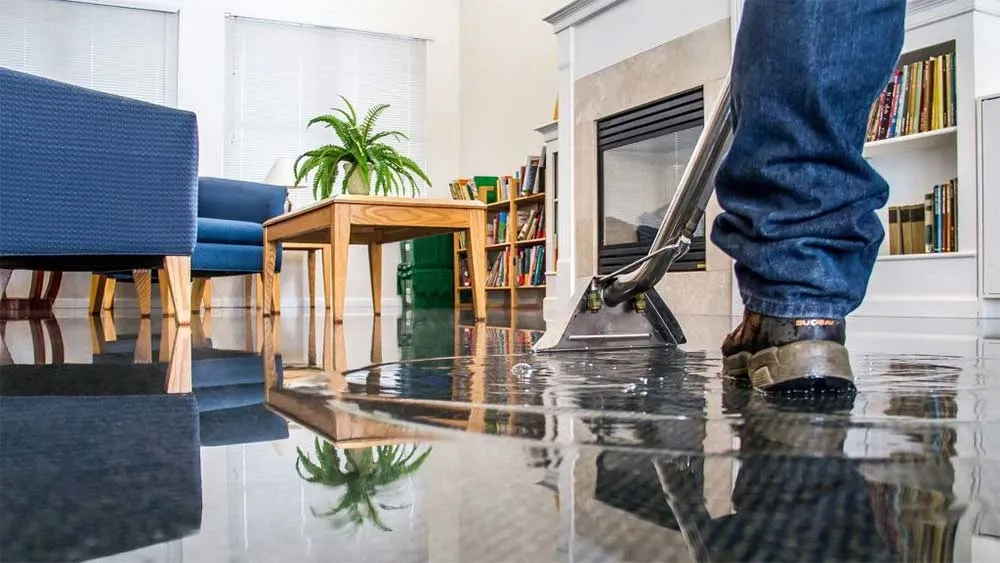6 Common Fire Hazards in the Kitchen You Should Be Aware Of
Did you know that the kitchen is one of the most common places for fires to start in a home? According to a US Fire Administration report, cooking-related fires are the leading cause of home fires in the country. Understanding these risks and ensuring kitchen fire safety are crucial for keeping your family and property safe.
In this article, we'll explore six common fire hazards in the kitchen that you should be aware of and provide practical tips to minimize the risk of fires.
Unattended Cooking
While cooking may be an enjoyable activity, it can quickly turn into a dangerous situation. We've already mentioned earlier that cooking accidents account for many kitchen fires. Leaving cooking appliances unattended starts one out of every three home fires in the US.
It's tempting to step away and attend to other tasks, but doing so can have disastrous consequences. Distractions can lead to forgetfulness; a small flame can escalate into a full-blown fire in minutes.
To prevent fires related to unattended cooking, always stay in the kitchen while cooking, and if you need to leave momentarily, turn off the stove or oven. Never leave it running when you're away. Remember, a few seconds of distraction can result in a fire that spreads rapidly.
Faulty Wiring
Over time, wiring can become damaged or frayed, increasing the risk of sparks and electrical fires. Regularly inspect your kitchen appliances and electrical connections, from the cords to the outlets, for any signs of wear or damage.
If you notice any issues, have them repaired by a qualified electrician or replace them entirely. Avoid using damaged appliances, and never overload electrical outlets or extension cords.
Grease Buildup
Grease buildup in the kitchen is not only an eyesore, it can also easily ignite a fire. Pay close attention to areas prone to grease accumulation, such as stove hoods, oven surfaces, and deep fryers.
Regularly clean and maintain these areas to prevent the buildup of grease. Use appropriate cleaning agents and follow manufacturer instructions. Make sure to dispose of cooking oil properly as well. Otherwise, it becomes another fire hazard.
Heat Sources
The kitchen is filled with heat sources such as stovetops, ovens, toasters, and microwaves. These appliances can be potential fire hazards if not used with caution.
Always exercise care when working with these appliances, and never leave them unattended. Use timers as a reminder, and keep flammable materials like towels, curtains, and paper products away from heat sources. Use oven mitts or appropriate protective gear to prevent burns or drops that could cause a fire.
Ignition Sources
Common ignition sources in the kitchen, such as matches, lighters, and candles, can also lead to fires if not handled or stored properly.
Store matches and lighters in a safe place, away from the reach of children. When using candles, ensure they are placed in sturdy holders and kept away from flammable materials. Always extinguish candles before leaving the room to prevent accidents.
Failure to Extinguish Flames
In the event of a kitchen fire, knowing how to safely extinguish flames is crucial. One common mistake is attempting to put out grease fires with water, which can make the situation worse.
Always have a fire extinguisher in the kitchen and learn how to use it properly. For small stovetop fires, use a metal lid over the pan to smother the flames. Remember, never leave a fire unattended, never use water to extinguish a grease fire, and always call emergency services if the fire is beyond your control.
Conclusion
By being aware of these common fire hazards in the kitchen and taking preventive measures, you can significantly reduce the risk of a kitchen fire. Remember to stay vigilant while cooking, inspect your electrical connections, clean up grease buildup, exercise caution with heat and ignition sources, and know how to extinguish flames safely.
Prioritizing kitchen fire safety is essential for the well-being of your household. Taking these precautions means you can enjoy cooking in a safer and more secure kitchen environment. That said, accidents can still happen, and not all fires can be put out.
If you find yourself dealing with the aftermath of a fire, our experts here at Peachtree Mitigation can help restore your home to its pre-fire condition, and we will work tirelessly to make sure your property becomes a safe haven once again for the people who matter most to you. Let us be your trusted partner in fire damage restoration. Contact us today!
